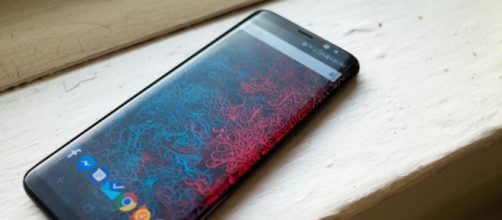samsung galaxy S8 was initially reported to have a good run in terms of sales and may still be doing so. However, the sale pace may be slower than that of Galaxy S7 series of smartphones. According to a new report published by The Bell, the Galaxy S8 and S8+ are apparently selling slower than its predecessors.
The 2017 flagships come with an innovative and radical design, a first for the Galaxy S series. The smartphone duo flaunts an almost edgeless Infinity Display along with a top-shelf camera and many other features. However, it seems that all that may not have been enough to lure the consumers to switch to the new flagships.
Analysts' numbers contradict Samsung sales figures
The numbers quoted by the Korean analysts at The Bell are contradictory to the sales numbers released by Samsung for the duo. The company reported that in the first three weeks following the launch, nearly 10 million units of the smartphone duo was shipped. The Bell, on the other hand, maintains that the actual number is 9.8 million units for Galaxy S8 that too in the first two months. The analysts also state that in the same time period the Galaxy S7 sold 12 million units, selling faster than its successor.
According to the analysts, the Galaxy S8 sold 20 percent less compared to the Galaxy S7. However, even The Bell analysts’ figure can be inaccurate as Samsung may have established the 10 million figure taking into account sales of both the 2017 flagships.
Moreover, the company could have also counted the units that were shipped to the retailers and carriers, not just restricting the numbers to the handsets sold to end users.
S8 and S7 Numbers cannot be compared?
When the analysts from The Bell counted the Galaxy S8 and Galaxy S7 unit sales figures, they isolated the sales for the first two months. This resulted in the weakening of sales numbers for the Galaxy S8. In the report, the analysts state that since the revelation of the 10 million units shipment figures the South Korean OEM has not revealed any more figures till date. It can be assumed that “the S8 is selling less than the S7.”
While this reasoning may not have substantial backing in terms of either figures or official reports, additional evidence was also given by the analysts, which favors their theory.
The Bell analysts state that a decrease in the sales of the 2017 handset’s parts from certain suppliers was also taken into account, which can be an indication of slower sales. The analysts also based their calculation on the heavy competition that exists in the Chinese smartphone market, along with the reduction in the shipment of Galaxy S8 parts.

